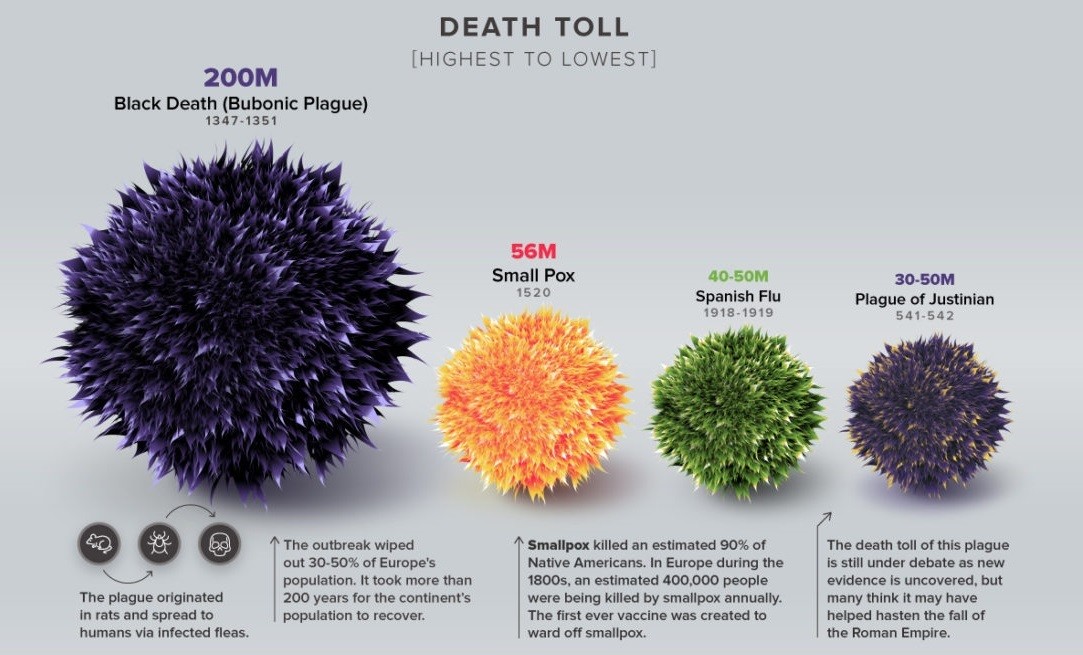In a scientific article titled, The COVID Heart—One Year After SARS-CoV-2 Infection, Patients Have an Array of Increased Cardiovascular Risks, researchers concluded that in the year after recovering from the virus’s acute phase, patients had increased heart problems.
These problem risks include an array of cardiovascular problems, such as abnormal heart rhythms, heart muscle inflammation, blood clots, strokes, myocardial infarction and heart failure.
The study published in Nature Medicine in March 2022 relied on data from nearly 154 000 United States veterans with Covid-19 infection and also discovered that heightened risks were evident even among those who were not hospitalised with acute coronavirus.
As part of their background, researchers resolved to identify and address important knowledge gaps around Covid-19 and long Covid, also known as post-Covid conditions.
Over several weeks, the researchers had been hearing about patients who were not fully recovering and had lingering issues including heart problems.
It is these patients identified who motivated this team to study long Covid.
Having previously published a report in Nature last April, the researchers had demonstrated that people with long Covid could have sequelae in several organ systems, including cardiovascular disorders.
Therefore, with the current study, the researchers wanted a deeper understanding of Covid-19’s long-term cardiovascular consequences.
In advance, the researchers specified a set of cardiovascular outcomes among patients in the US Veterans Health Administration (VHA) system who survived the first 30 days of Covid-19.
The researchers estimated the risks and excess burden of cardiovascular outcomes per 1000 persons, a year after Covid-19 using electronic medical record data from three large cohorts:
· 153 760 patients who used VHA services in 2019 and had a positive SARS-CoV-2 test result between March 1, 2020, and January 15, 2021
· 5 637 647 patients with no evidence of SARS-CoV-2 infection who used VHA services in 2019—the contemporary control group
· 5 859 411 pre-pandemic patients who used VHA services in 2017—the historical control group
The cohorts largely comprised older White male patients. The COVID-19 cohort, which averaged 61 years old, included 89 percent males and about 71 male White individuals.
The study also included almost 17 000 female patients, about 37 000 Black patients and almost 8000 Latino, Asian, American Indian, Native Hawaiian, and patients of other races with Covid-19.
The lessons learnt were patients with Covid-19 were at increased risk of a broad range of cardiovascular disorders including cerebrovascular disorders, dysrhythmias, ischemic and non–ischemic heart disease, pericarditis, myocarditis, heart failure, and thromboembolic disease.
At the 12-month mark, compared with the contemporary control group, for every 1000 people, covid-19 was associated with an extra:
· 45.29 incidents of any prespecified cardiovascular outcome
· 23.48 incidents of major adverse cardiovascular events (MACEs), including myocardial infarction, stroke, and all-cause mortality
· 19.86 incidents of dysrhythmias, including 10.74 incidents of atrial fibrillation
· 12.72 incidents of other cardiovascular disorders including 11.61 incidents of heart failure and 3.56 incidents of nonischaemic cardiomyopathy
· 9.88 incidents of thromboembolic disorders, including 5.47 incidents of pulmonary embolism and 4.18 incidents of deep vein thrombosis
· 7.28 incidents of ischemic heart disease including 5.35 incidents of acute coronary disease, 2.91 incidents of myocardial infarction, and 2.5 incidents of angina
· 5.48 incidents of cerebrovascular disorders, including 4.03 incidents of stroke
· 1.23 incidents of inflammatory disease of the heart or pericardium, including 0.98 incidents of pericarditis and 0.31 incidents of myocarditis
Patients with more severe disease, who either recuperated at home, were hospitalised, or admitted at the intensive care unit had higher risks.
These risks were evident even among those who were not hospitalised with Covid-19.
Other subgroup analysis found increased risks regardless of age, race, sex, obesity, smoking, hypertension, diabetes, chronic kidney disease, hyperlipidaemia, and pre-existing cardiovascular disease.
The study also advised physicians to consider a history of Covid-19 as a cardiovascular disease risk when seeing patients and that it was important to pay close attention to people with Covid-19 to identify early signs or symptoms of heart disease.
The study demonstrates that cardiovascular disease is one facet of the multifaceted disorder known as long Covid, noting that long Covid is not only fatigue or brain fog but rather a collection of symptoms and organ dysfunction that result from Covid-19 and persist or arise anew in the post-acute phase of the disease.









